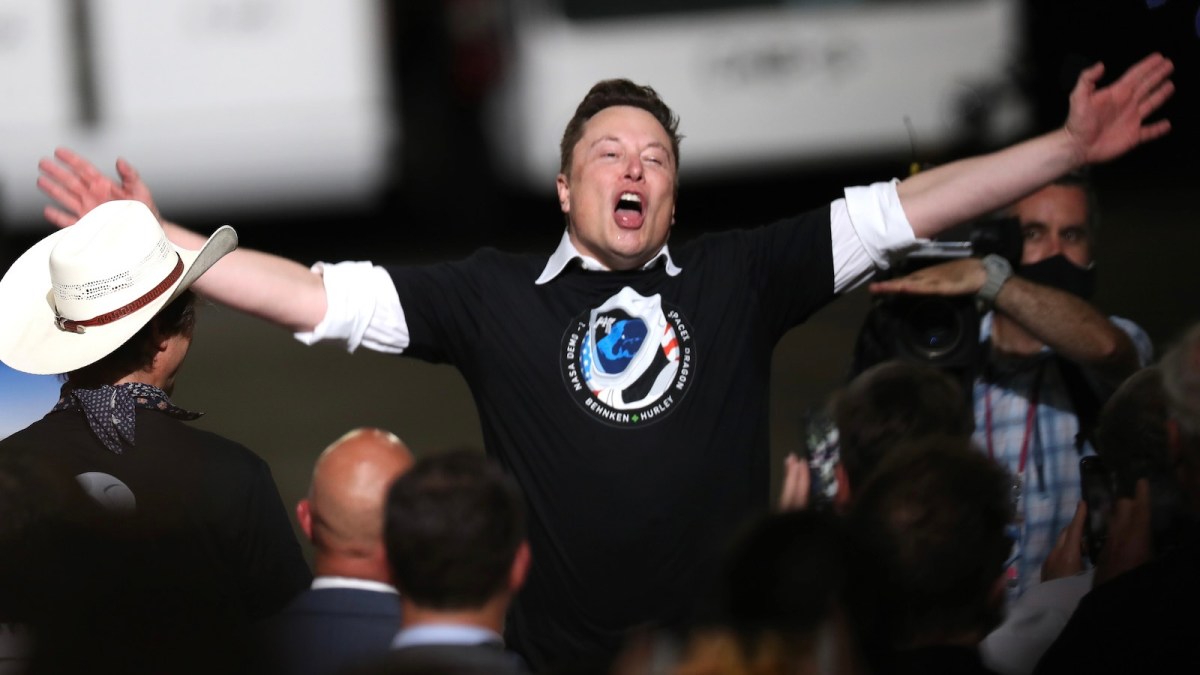No matter how big a dumpster fire is you can always pour more gasoline on it. At least that seems to be the lesson electric car mogul, hopeful Mars explorer, and newly-fledged Capo di Tutti Capo of Twitter Elon Musk seems to be setting out to prove to anyone observing his latest doings at the 600-pound gorilla of social media. Despite his (often self-proclaimed) business acumen and legions of adoring internet defenders, it doesn’t seem that Musk seems to know quite what to do with his new $44 billion toy.
Gautam Mishra posted as much yesterday with a tongue-in-cheek breakdown of Musk’s first eight days, the majority of which have been less than stellar with some of the site’s promised new features seeming more like major gaffes than bells and whistles. None of this has been helped by Musk’s own often argumentative tweets which have seen the mogul engage in toe to toe bickering with the likes of Stephen King, Representative Alexandria Ocasio-Cortez, and other celebrities over his plans to monetize the site’s verified user system aka “blue checks.”
Musk’s rise to power as the self-proclaimed “Chief Twit” has been a slow and often painful to look at waltz, a “will he or won’t he” dance that took place over the months between his initial offers and the closing of the deal during which the eccentric multi-billionaire appeared to be trying to wriggle out of the deal several times.
Once Musk assumed the reins, however, he lost no time in flexing his newly acquired CEO muscles. Immediately upon acquisition Musk terminated four of the company’s top execs — CEO Parag Agrawal; CFO Ned Segal; Chief Legal Officer Vijaya Gadde; and General Counsel Sean Edgett. All were fired “for cause” as well, meaning no “golden parachute” severance packages. And of course, this was only a preview of the company-wide firings that have occurred as promised today. However, even though employees were notified about the coming terminations the company is still being sued for not warning employees soon enough.
Now that the staff has been drastically pared down to whatever skeleton crew Musk deems worthy it remains to be seen how fast his proposed changes to the site will roll out. The company has said that while verified accounts will not be affected initially, Nov. 7 will see users able to purchase the clout (and perhaps even the identity) of being a registered user — a “service” that Musk originally proposed to hawk for $20 a month but which has plunged to a mere $8 prior to rolling out.
While selling a “verification” seems to show a marked understanding of how and why people are verified in the first place, Musk insists that the modification is necessary to keep the service afloat, despite pushback and mocking across the board from users verified and unverified alike. Twitter says some services will be exempted, presumably government and public service accounts, but so far the company hasn’t specified who exactly will avoid the inevitable “vanishing” of blue check marks across the service over the next few months.
And the verification “improvement” is only the first of many helpful “suggestions” musk seems intent on making. He has famously promised/threatened to reinstate the accounts of a host of users, including former President Trump. Musk has declared to the public that his main interest in buying Twitter was to realign its account oversight in the name of free speech. Whether or not “free” means “hate” as well is something users will simply have to wait and see.
Musk also has ideas about further monetizing Twitter including “tiered” services which will no doubt involve subscriptions, and charging to see video content by letting users charge their followers for content and then taking a cut of the gross. The video plan has already been flagged internally as high-risk, according to the Washington Post. On a positive note for nostalgic viewers though — Musk has floated bringing back Vine, the short video-hosting service that was torpedoed by the company a few years back.
Whatever the changes to come, one thing is brilliantly clear: this show has only just begun. And Twitter users are already eating their popcorn to see if they’re watching The Greatest Show on Earth or The Disaster Artist.
